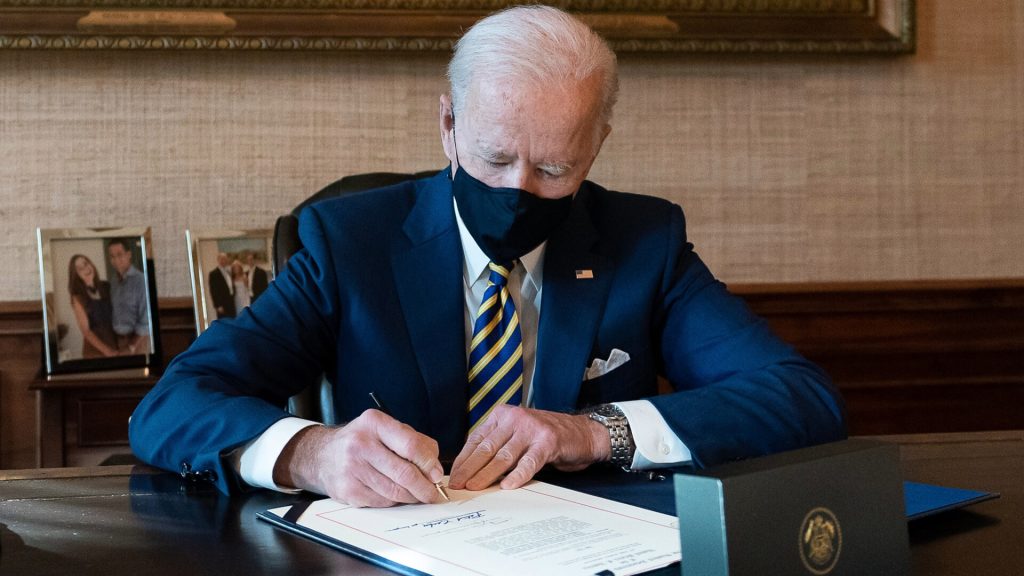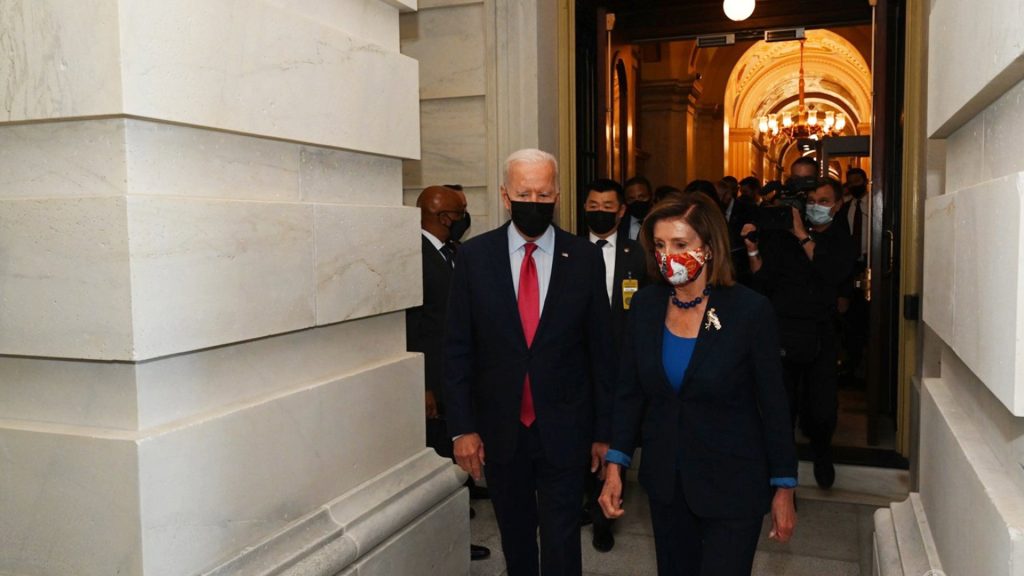Governor Greg Abbott has made headlines multiple times over the last several years, particularly regarding his attitude towards the border and his headbutting with the Biden administration over it. He has deported immigrants and made sweeping state executive decisions regarding the Southern border, and the Biden administration and Congress appears to have finally stepped in to put a stop to Abbott’s interference.
The Invasion Clause of the Constitution
Abbott’s reasoning behind his state executive decisions regarding the border has to do with an emergency clause of the constitution, which allows for states to make unprecedented decisions regarding various topics if they feel that they are being “invaded.”

The Invasion Clause of the constitution is what Abbott has relied on as reasoning and support for his decisions. Some of his more unpopular decisions include installing razor wire along the land border and having buoy barriers placed in the Rio Grande river as a deterrent to immigrants who were using the river as a point of entry into the United States.
Abbott’s Inhumane Policies
Opponents of these measures have called Abbott’s actions inhumane and unconstitutional. Many people in Texas support more lenient laws towards the migrants as well as comprehensive immigration reform, along with clearer rules about asylum and who is allowed to seek it.

Comprehensive immigration reform is a talking point that Republicans have been using, especially in election years, for decades. Republicans are constantly accusing Democrats of being “soft” on the border and on illegal immigration, and unfortunately, it’s a talking point that works well for them.
Biden Open to Discussing, and Ruling on, the Border
The current election season is no exception to this pattern, and many have used the unprecedented surge of migrants at the Southern border as a reason to push more conservative bills through Congress, ones that would implement more extreme punishments for people who try to enter the country illegally.

Biden appears to be open to a conversation about immigration reform, though everyone involved admits that it’s a complicated issue that can’t be solved with one simple bill. Still, he has been working closely with a bipartisan group of Senators on a border security bill that also includes funding for Ukraine and Israel, which passed committee and is ready to make its way to the Senate floor for debate.
Many Are Unhappy
Predictably, though this bill is bipartisan with both Republican and Democrat sponsors, there are many who are not happy with the provisions of the bill. Progressives complain that the bill is too harsh and doesn’t allow enough room for a conversation about amnesty, while Conservatives believe that the bill doesn’t go far enough to punish people who come into the country illegally.

Greg Abbott is among many who are not happy with the provisions of the bill, though not for the same reasons as many of his colleagues. Abbott’s gripe comes from a provision in the bill that strips the ability of the states to constitutionally challenge the bill in local federal court.
D.C. Has Original and Sole Jurisdiction in the Bill
Specifically, the wording of the bill grants the United States District Court for the District of Columbia (Washington D.C.) sole and original jurisdiction to hear constitutional challenges to this bill, and any provisions held inside of it. This cuts Abbott off at the knees regarding challenging immigration policy, which he has been actively doing via the Texas federal appeals court.

Abbott took to X, formerly known as Twitter, to complain about this provision in the bill. When the news broke of the bill’s wording, he posted a Newsweek article explaining the provisions of the bill with the comment, “Texas stripped of powers in border security bill. This is unacceptable.”
Abbott Has No Leg to Stand On
Unfortunately for Abbott, he doesn’t particularly have a leg to stand on regarding federal immigration rules. The Supreme Court has ruled in favor of the Biden administration multiple times regarding Abbott’s use of excessive force regarding the border, and more challenges are on their way as they work through the lower appeals courts.

The fact of the matter is that controlling immigration and addressing the United States border is a power that is granted to the federal government, not the states. Abbott’s state executive decisions push the limits of what is allowed for a state government to enact regarding a federal jurisdiction, and the bipartisan border bill takes steps to address this.
Members of Congress Object
Of course, like many bills that have bipartisan support, many in both houses of Congress have made clear their displeasure regarding the bill. Speaker of the House Mike Johnson stated in an interview that this bill is “dead on arrival” in the house, even if it should make it past a Senate vote.

Ted Cruz also commented on the bill. He wondered why his colleagues were so eager to bring a bill to the floor that was so clearly divisive in the Republican conference, would unite Democrats, and didn’t have a chance of passing into law.
Schumer Urges his Colleagues to Reconsider
Senate majority Speaker Chuck Schumer took to the Senate floor after the text of the bill was released, urging his Republican colleagues to rethink their decision and to vote for the bill. The bill doesn’t have everything that either party wants, but it has a little bit of something for both parties, which is the sign of a good bipartisan agreement.

Schumer then went on to point out that Republicans have been asking the Biden administration to take steps towards securing the border, while also hamstringing him when it comes to passing any legislative changes. The hypocrisy of asking for a law and then allowing the law to die on the floor of Congress was made clear in Schumer’s speech, though no Republicans openly commented on it.
Biden Stuck in Limbo
The fate of the border security bill is still in limbo, though the clock is ticking on its passage. Republicans disagreed that border security and funding for Israel needed to be included in the same bill, but a measure that would have passed independent funding for Israel failed on the floor of the House of Representatives this week.

In this way, the federal government is stuck in a form of limbo. Challenges to Abbott’s cruel and unusual actions towards migrants are still making their way through the courts, and the Biden administration has made clear that they’re willing to strike a deal regarding the border. Whether Republicans will step up to the plate and pass a law that they’ve been asking for for years, though? That remains to be seen.






